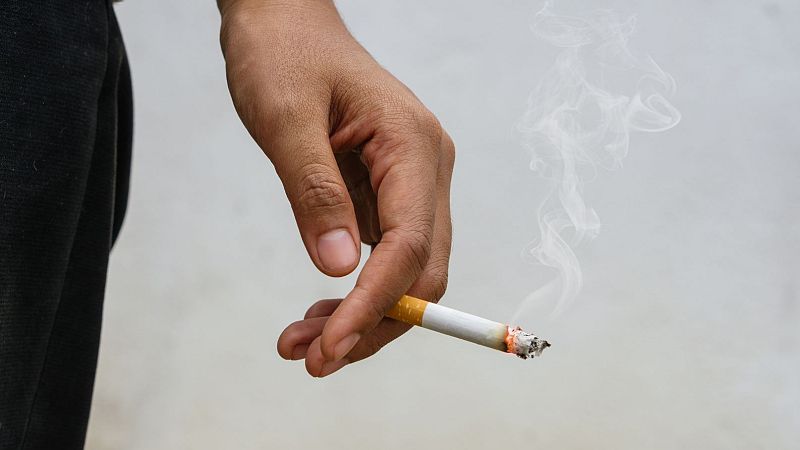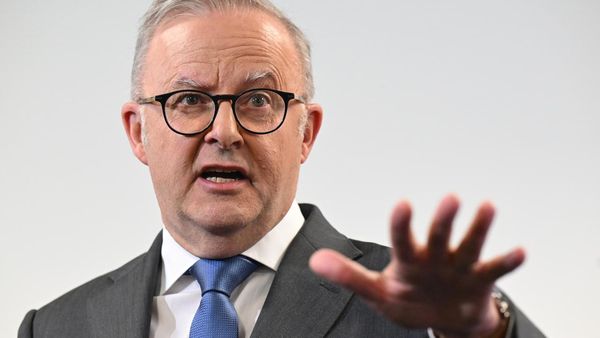
Global health officials want countries to raise so-called “sin taxes” in a bid to reduce the burden of chronic diseases linked to diet and lifestyle – and are suggesting countries direct the money raised to their cash-strapped health systems.
The World Health Organization (WHO) urged countries to raise prices on tobacco, alcohol, and sugary drinks by at least 50 per cent over the next decade. It said the tax hike could prevent 50 million premature deaths over the next 50 years and generate $1 trillion (€854.4 billion) in public funding over the next 10 years.
Tobacco, alcohol, and sugary drinks are some of the key drivers of heart disease, cancer, diabetes, and other chronic conditions, which account for about 75 per cent of all deaths worldwide.
Tobacco alone causes more than seven million deaths per year.
The WHO has long pushed for tax increases to discourage people from buying these products. For tobacco, it recommends a minimum tax rate of 75 per cent.
In wealthy countries, taxes already account for about 67 per cent of the price of a pack of cigarettes, compared with about 57 per cent in lower-income countries.
“Health taxes are one of the most efficient tools we have,” Dr Jeremy Farrar, who leads the WHO’s work on health promotion and disease prevention, said in a statement.
“They cut the consumption of harmful products and create revenue [that] governments can reinvest in health care, education, and social protection,” he added.
Research indicates tobacco taxes help reduce smoking rates, particularly in lower-income countries.
But recent data from the Netherlands indicates that higher taxes may no longer be enough to get smokers in small, wealthy countries to quit. After the Netherlands raised tobacco taxes last year, many Dutch smokers simply started buying cheaper products abroad, according to the country’s health agency.
The European Commission, the European Union’s executive arm, is now considering raising taxes on cigarettes and other tobacco products across the bloc, amid pressure from the Netherlands and more than a dozen member states.
Meanwhile, the United Kingdom’s 2016 sugar tax prompted many soft drink manufacturers to change their products. As a result, children’s added sugar intake from these drinks dropped by nearly half.
Beyond the potential behavioural changes, the WHO said taxes on these products could be one way for lower-income countries to make up for aid cuts from the United States, the UK, and elsewhere.
Around the world, “health systems are under enormous strain from rising noncommunicable diseases (NCDs), shrinking development aid and growing public debt,” the organisation said.







